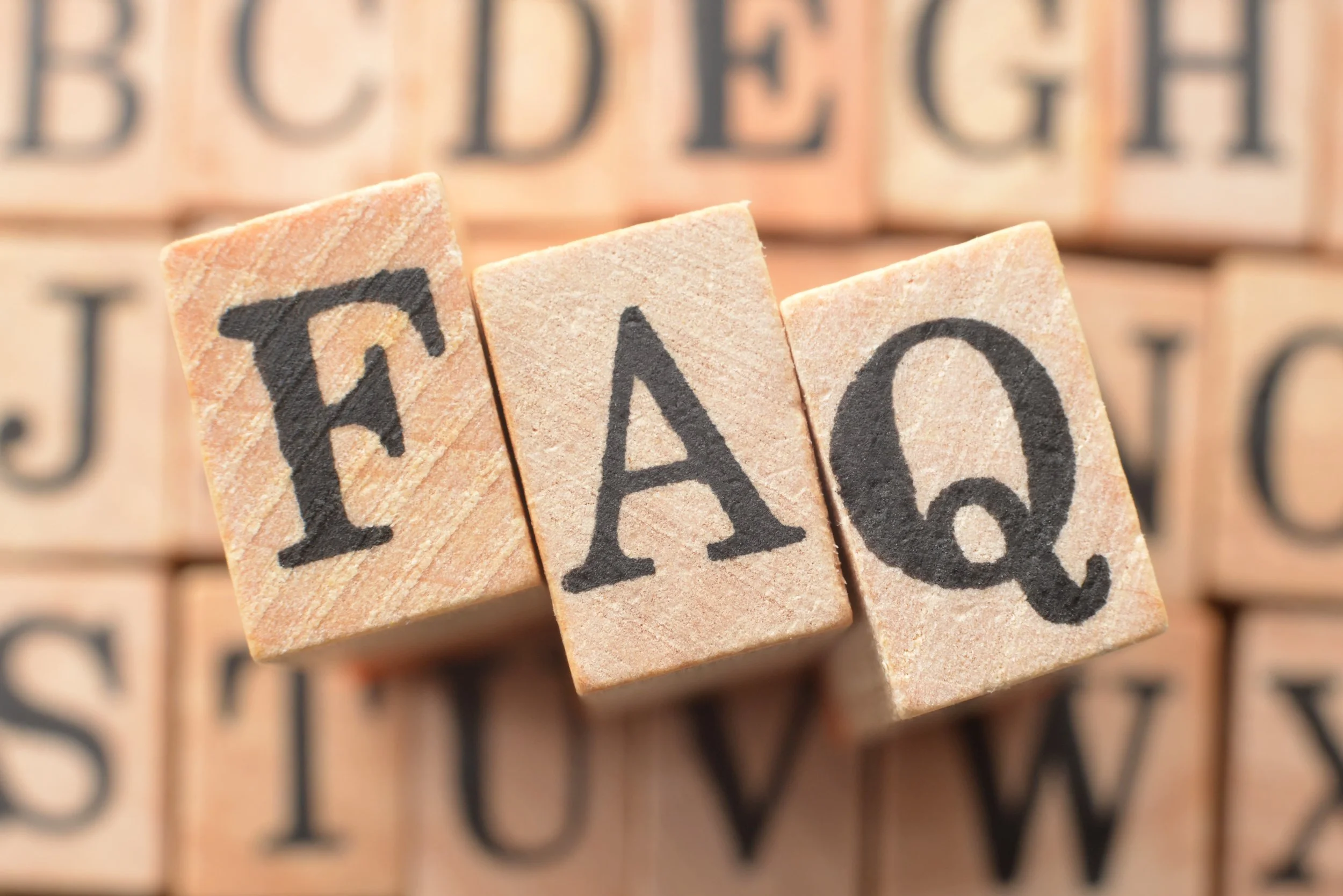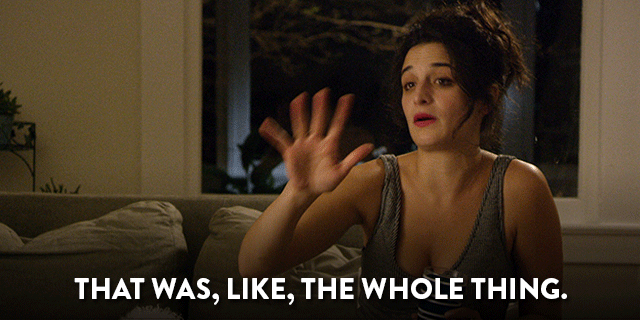FAQs - Part One
As you might imagine, I get a lot of questions about different aspects of my journey from folks in every realm of my experience. Whether they be family, friends, phlebotomists, you name it; the people want to know and who am I to deny the people? Here are a few of the most frequently asked:
1. So, you got the whole thing replaced? Or just, like part of it?
The whole thing.
This is actually a question I have gotten a few times. Heart transplantation involves the cracking of the sternum from clavicle to the bottom of the rib cage, placing the patient on a heart-lung bypass machine, removing the diseased native heart, implanting the donor heart, then connecting the patient back up to natural profusion (heart beating on its own and circulating the blood throughout the body without mechanical support).
You can replace valves and sometimes arteries/other small pieces. But you cannot replace part of the heart (unlike single lobe lung, single lobe liver, single cornea, or single kidney transplants).
2. Will you be on meds forever?
Yes. Unequivocally.
If I go >24 hours without anti-rejection medication my native white blood cells or antibodies could start to attack the donor heart. Anti-rejection meds are taken every 12 hours and are titrated by blood levels (so I get lab draws everywhere from once a week to once a month - this varies by center and by patient). So, if I'm popping pills at brunch or at work or in the bathroom at a club/bar (has happened, can confirm), please don't feel uncomfortable or afraid to ask about it. I am both happy to talk about my medications and congruently believe in the destigmatization of taking any kind of appropriately prescribed medication. In fact, some days I need anti-anxiety medications just as much as I need the anti-rejection ones; and I am likely going to take both right in front of you.
3. What is a heart biopsy?
A biopsy is a procedure in the OR where either the neck or the groin is numbed, punctured, and a catheter (long hollow tube) is inserted in the vein. At my center we are kept awake, meaning we don't receive procedural psychotropics for biopsies (much bummer), but this varies across the US. The tube travels through the tricuspid valve of the heart and a bioptome is then fed through the tube.
While probably not scientifically accurate, when inserted, I picture the bioptome looking much like this:
Interestingly the sound the bioptome makes when it is being inserted is much more akin to running ones fingernails along steel guitar strings. I cannot feel the pieces being cut, though my heart rate will temporarily spike (150s) and drop (40s) from being agitated (fun). The interventional cardiologist then snips out 2-6 pieces of the heart, each piece about the size of a grain of rice, for study to determine a presence or absence of rejection.
4. Will you need another heart?
Yes.
If we are to assume the current clinical average of 12 years for survival of cardiac graft stays static, then yes it is likely I will need a second transplant at some point in my lifetime. However, that average is based on data from over the past 30 years (heart transplantation is only 50 years old!) and science is rapidly expanding in the realms of immunotherapy and alternatives to donor hearts. In reality, it could be many, many years before I need another heart. But, it could be next year. It could be never, if technology finds a way to prevent rejection or coronary allograft vasculopathy, the two most common forms of heart retransplant.
Follow Up: But your donor heart had a defect, does that mean you'll need a newer one sooner?
No, not likely. Yes, the donor heart has a potentially lethal defect. That being said, electrophysiology reports have shown that my pacemaker (implanted to correct the defect) only fires a very, very small percentage of time. Though heart muscle can be stiffened by artificial electric stimulation, this cycle should not cause enough fibrosis to lead to retransplant on its own.
5. Do you know anything about your donor?
Yes.
I get asked this 80% of the time I tell someone I had a transplant (the other 20% response I get back is dazed, speechless nodding). Typically, Donate Life and the United Network for Organ Sharing (UNOS) regulate that a donor family or a recipient can write a de-identified letter to their respective opposite at least 6 months after the time of transplant (fun fact: anonymous living donors sometimes have to wait upwards of 7 years to prevent any sort of monetary solicitation/blackmail of the recipient/recipient family). If accepted by the other party, the recipient and donor family can then chose to share personal information. However, UNOS posts stats on each center of donation, center of transplant, region, year, blood type, antibody compatibility, age, ethnicity, cause of donor death, cause of transplant, etc. for the entire country. As I work for the internet (and really, as a millennial), I know how to subdivide "anonymized" reports, so long as the data corresponds enough with unique known variables. In my case, the data in fact does correspond. It is not a great way to find out; at all. That is all I am ready to share explicitly right now.
If you meet someone who has had a transplant, please be mindful that they may not want to discuss where their new organ/tissue/etc. came from.
My donor heart saved me from a near and certain death. It also put me life support and then nearly killed me again a year later. I might not feel open to discussing my incredibly complicated feelings about just that, let alone the person and family from which the heart came. Transplant recipients are allowed to feel everything from ecstatic gratitude to sheer fury to utter hopelessness to boiling betrayal to just ok with it all. They might not be willing to share anything about their donor with you, oh random technician or distant relative or complete stranger. And that is completely OK.
6. BUT YOU'RE SO YOUNG!?
This question makes me feel like this emoji, 🙃.
Heart transplantation can be necessitated at any age. Yes, in the US cause for transplant is more common with adults in the retirement zone, but anyone can have chronic or acute heart failure wherein the only option for survival is a transplant. I follow the mother of a little boy who is five years old and has had two donor hearts. I am fond friends with a woman who competitively ran track before her spontaneous coronary artery dissection in her mid-thirties. You don't chose the #transplantlife. It choses you.
But in all reality, I don't mind this question. Thank you for saying you "never would have known" or that I "look SO good." Yeah, it sounds a bit similar to "but you don't look sick," sometimes, but typically the thought behind these musings is more, "wow, you've been through so much and you're still here, going above and beyond expectations." and that feels good.
7. Wow, so you're better now?
Lol, how much time do you have?
Short answer: I am not at a higher risk of dying anymore. That's a solid "better" across the board.
Medium answer: I am at constant risk of infection, rejection, and irreversible stiffening of the heart requiring retransplant (coronary allograft vasculopathy). I have increased risks of skin cancer (up to 600x more likely), post-transplant lymphoproliferative disease (lymphoma caused by the anti-rejection meds), kidney failure requiring kidney transplant, osteoporosis, and some other things, I'm sure. BONUS: As mentioned before, my donor heart had a electrical defect so, even with the pacemaker, I'm at risk there too. Transplantation is not a cure (say it again, for the people in the nosebleeds!), but I am alive and can live a relatively normal day to day.
Long answer: Hi, welcome to my blog.
Was this helpful? Got a question you'd like me to answer or address? Did I get something wrong and you want to tell me about it? Send me a message here!
P.S. Fellow transplatees: If this speaks to you, feel free to share!







